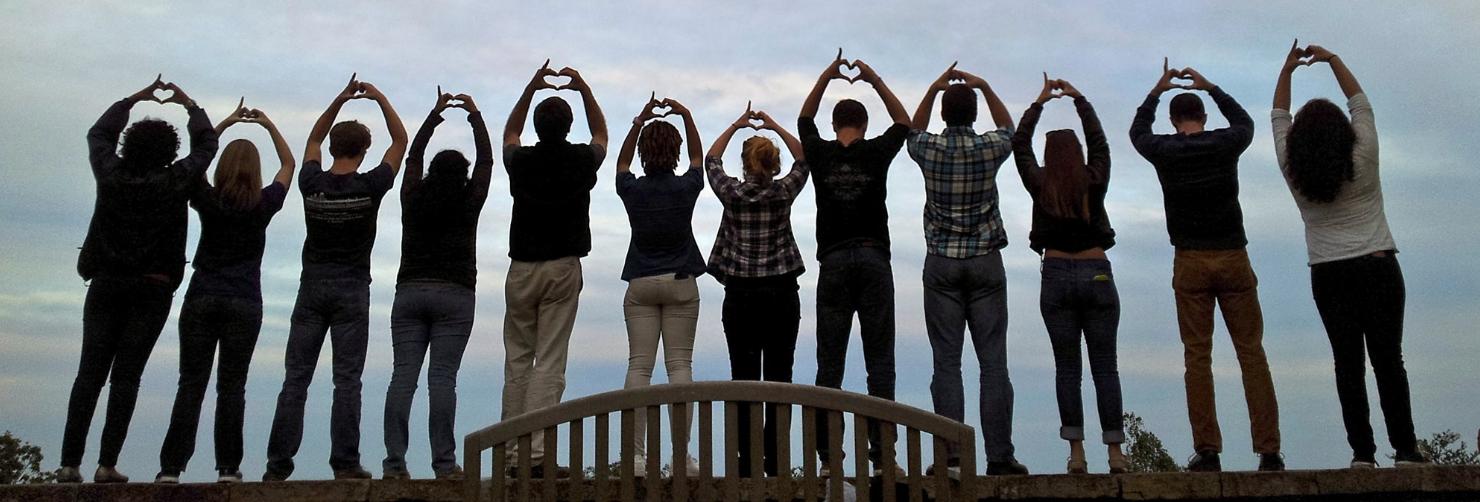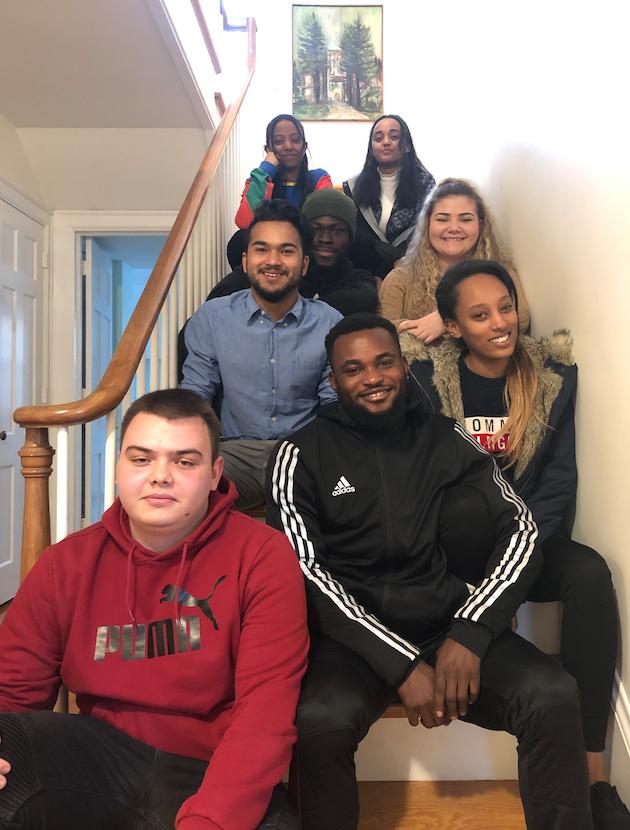
4 minute read
Introduction
TH E CORELLA & BERTRAM F. BONNER FOUNDATION
This report showcases the findings from the 2018-2019 implementation of the Bonner Student Impact Survey across a national network of 65 institutions. Since 1990, the Bonner Program has provided colleges and institutions with a viable model for supporting college access for diverse, low-income students. Integrated into the work-study and scholarship of their financial aid packages, this cohort-based program enables Bonner students to participate in a rigorous, developmental progression of community engagement which is reinforced with regular training, education, and reflection. The Bonner Program has also helped campuses integrate community engagement campus-wide by providing a variety of models for scaffolded learning in both curricular and co-curricular student life, with student leadership as a core feature.
Advertisement
Between 2000 and 2010, the Bonner Foundation carried out its first longitudinal Student Impact Survey and Bonner Alumni Survey. Guided by the expertise of researchers Cheryl and Jim Keen, and later Kelly Hall, Julie Hatcher, and Dan Richard, the Bonner Foundation confirmed that the four-year Bonner Scholars Program model had significant positive impacts on student development and learning during college, as well as for our alumni’s post-graduate success and well-being. Between 2000-2008, Bonner Student Impact Surveys were implemented during the first year, mid-point, and senior year across 25 institutions who collectively enrolled 1,500 Bonner Scholars annually. In 2010, in light of the program’s 20th Anniversary, more than 3,500 alumni participated in the Alumni Survey. These assessments pointed to key findings, instructive for the Foundation and continuous improvement:
• The four-year co-curricular program enhances student success in college, student leadership development, and lifelong civic responsibility. The four-year program structure, cohorts, “dialogue across difference,” campus diversity (the more diverse, the stronger impact), and mentoring are key factors in the program’s success.
• Alumni often stayed civically involved. Many alumni had pursued a year of full-time service after graduation, working with AmeriCorps programs (like City Year or Teach for America) or faith-based programs (like Jesuit Volunteer Corps). A remarkable 31% worked in the government sector, and another 34% had chosen nonprofit sector jobs. Nearly a quarter were teachers. One third of alumni believe that Bonner Program gave them advantage in finding a career. Additionally, 90% of alumni had voted in the prior November election, much higher than the national average for their age group.
• Students’ college experiences in community engagement impacted their post-graduate career and vocational choices. Analysis of alumni surveyed using Steinberg, Hatcher, and Bringle’s “Civic Minded Graduate” scale demonstrated that graduates show markedly higher “civic professionalism,” which means that they continued to act in civic ways (Richard et al. 2011). Additionally, program participation enhanced alumni’s well-being, or equanimity, in ways that graduates sustained their civic involvement and reported a sense of meaning in their personal lives.
Related findings are integrated throughout this brief. In the past decade, the Bonner Program and the field of campus-community engagement have grown and matured. New research has: a) linked community engagement with effective teaching and learning; b) pointed to its effects on students political and democratic engagement; and c) linked engagement with psychosocial well-being. With this learning in mind, the Bonner Foundation set out to redesign its Student Impact Survey and carry out smaller studies, such as one on retention and persistence.
In collaboration with Raymond Barclay, a Senior Research Fellow at the Bonner Foundation with deep knowledge in institutional research and psychometric survey design, Ariane Hoy and Rachayita Shaw of the Bonner Foundation have created, piloted, and tested a survey that examines other dimensions of the program’s impact. In Spring 2019, first year and senior students across the national network participated. These briefs, designed to make the findings accessible to a wide audience, describe what we have learned to date.
Three findings from our research highlight the value of the Bonner Program and community engagement for key issues in higher education today:
• Between the first and senior year, being in the Bonner Program has statistically significant positive impact on key educational outcomes for students, including their campus belonging and community connectedness, civic engagement, political engagement, identity development around issues of diversity, democratic values, and thriving. Civic engagement experiences, including leadership and project roles that students take with community partners, are positively correlated with their learning.
• Being in the Bonner Program positively impacts students’ academic experiences and success. Students seek courses that improve their understanding of community issues and can improve their effectiveness in applying learning to real-world issues. A majority of students are now completing higher level capacity-building projects, including as academic capstones. Many are taking on research, program development, social action, and other problem solving.
• Being in the Bonner Program improves students’ retention, persistence, and graduation rates. With a majority of students are of color, low-income, and often first generation — the population that many institutions seek to successfully support today — the Bonner Program model offers higher education many replicable lessons.







